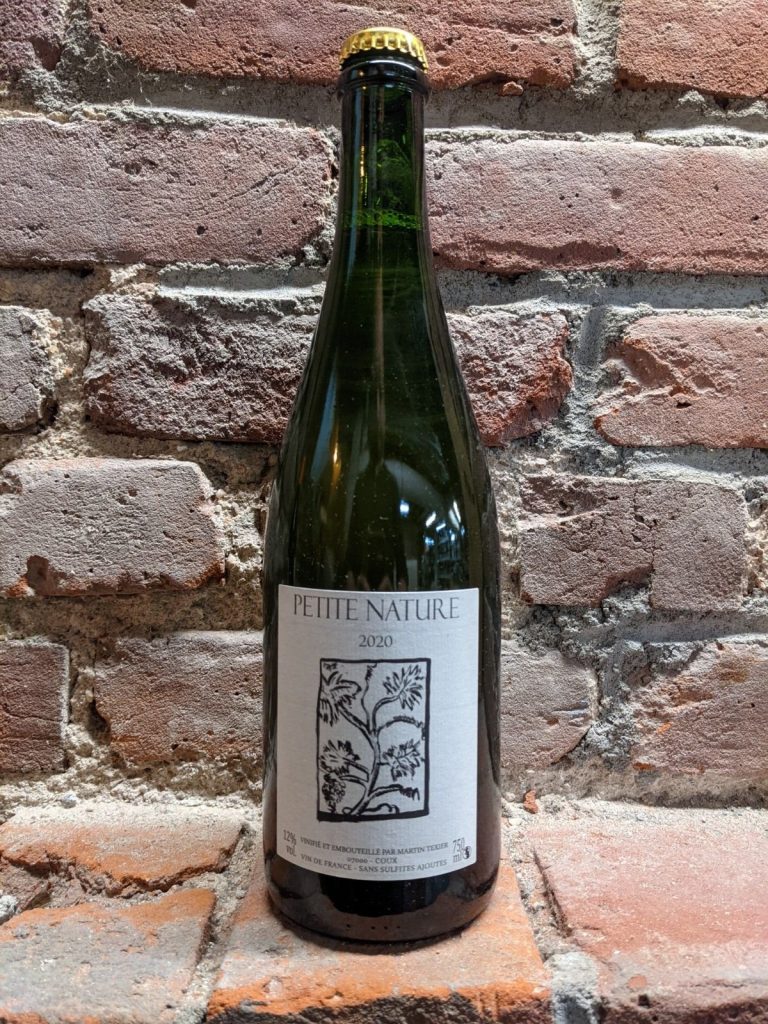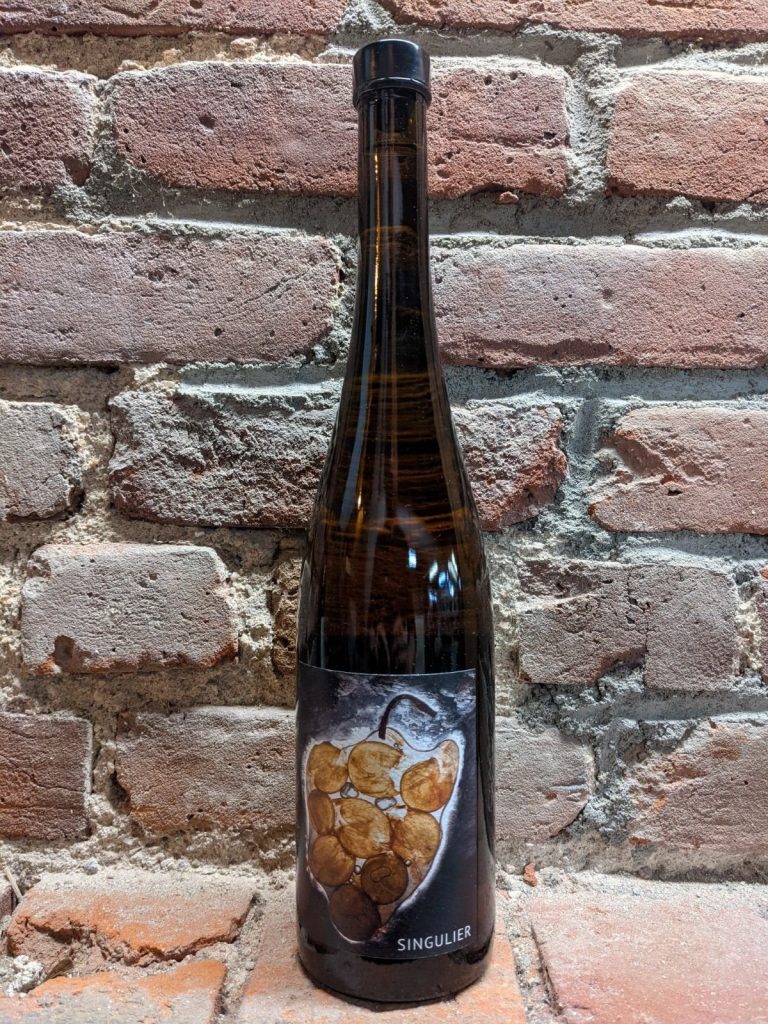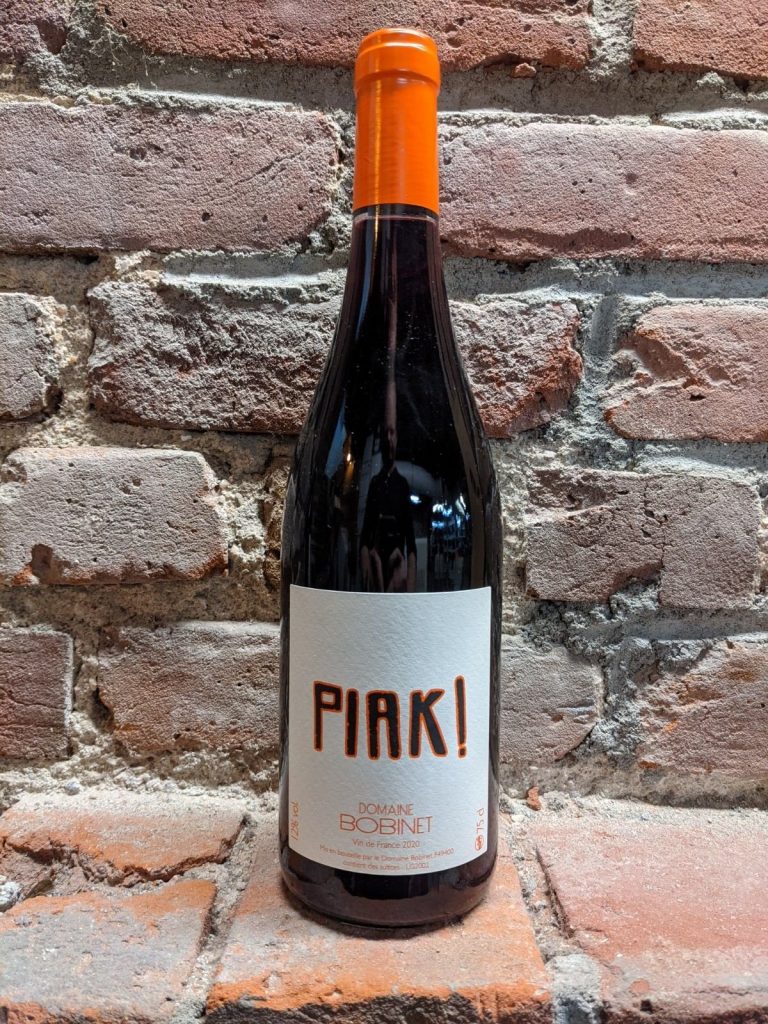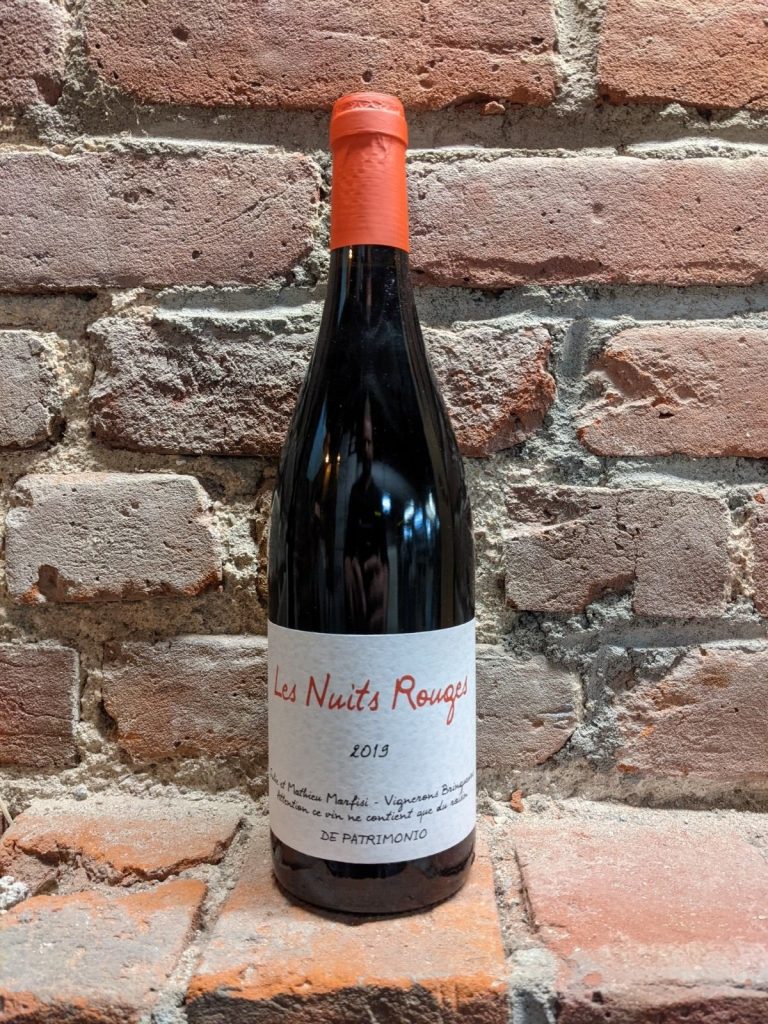Martin Taxier
Petite Nature Pet Nat
Region: Brezeme, France
Grapes: Muscat | Chasselas Rose
Martin Texier, son of the now famous northern Rhône natural wine producer Eric Texier, began making wine in 2014 after a previous life studying economics. After leaving university, he ventured into music (he is an accomplished DJ) and also spent time in New York City learning about the wine trade there (he held internships at both Uva Wines in Brooklyn and Flatiron Wines in Manhattan, as well as the greatest record store in the world, A1 Records). It was after this that he realized that his calling was to follow in his father’s footsteps and return to the vines.
He now has five hectares in and around St.-Julien-en-St.-Alban, planted to classic Rhône varieties, both red and white. There are many different soil types here: clay, limestone, gneiss, schist and granite, making for a wide range of different styles of wine to be made. Martin’s passion is to revive the local traditions of working the natural way, both in the vines and in the cellar (native yeast fermentations, no sulfur). The results he has been getting this early in his career are a clear testament to his skills.
Petit Nature is Martin’s pétillant naturel made from Muscat, Chasselas Rose, and a mélange of different table varieties. Direct press to stainless steel; bottled with 15g/liter residual sugar to carry out secondary fermentation in the bottle.




